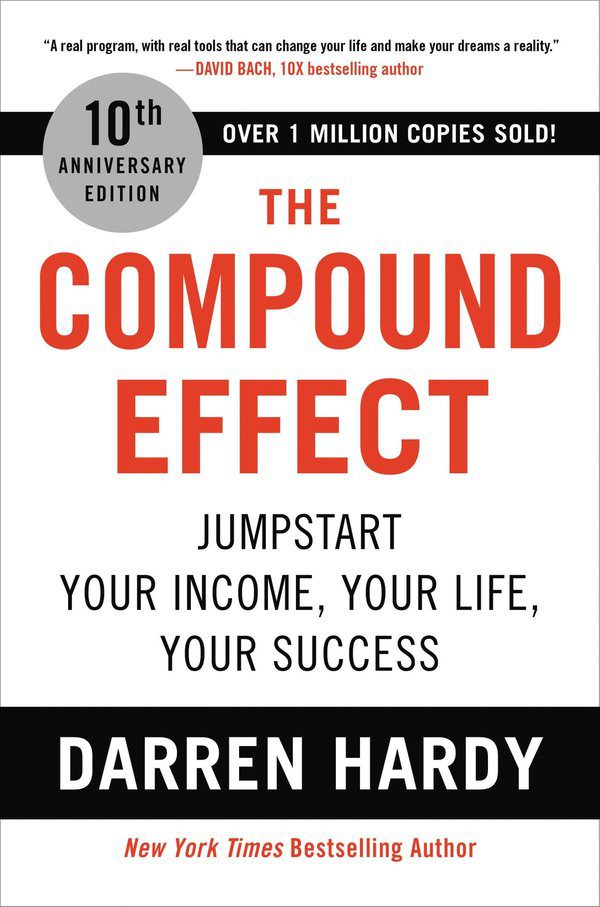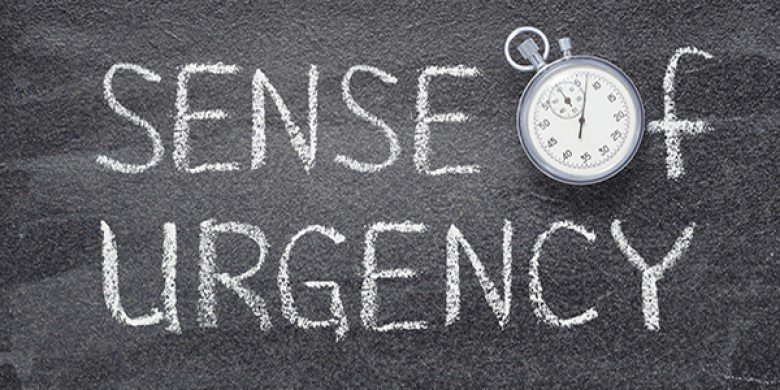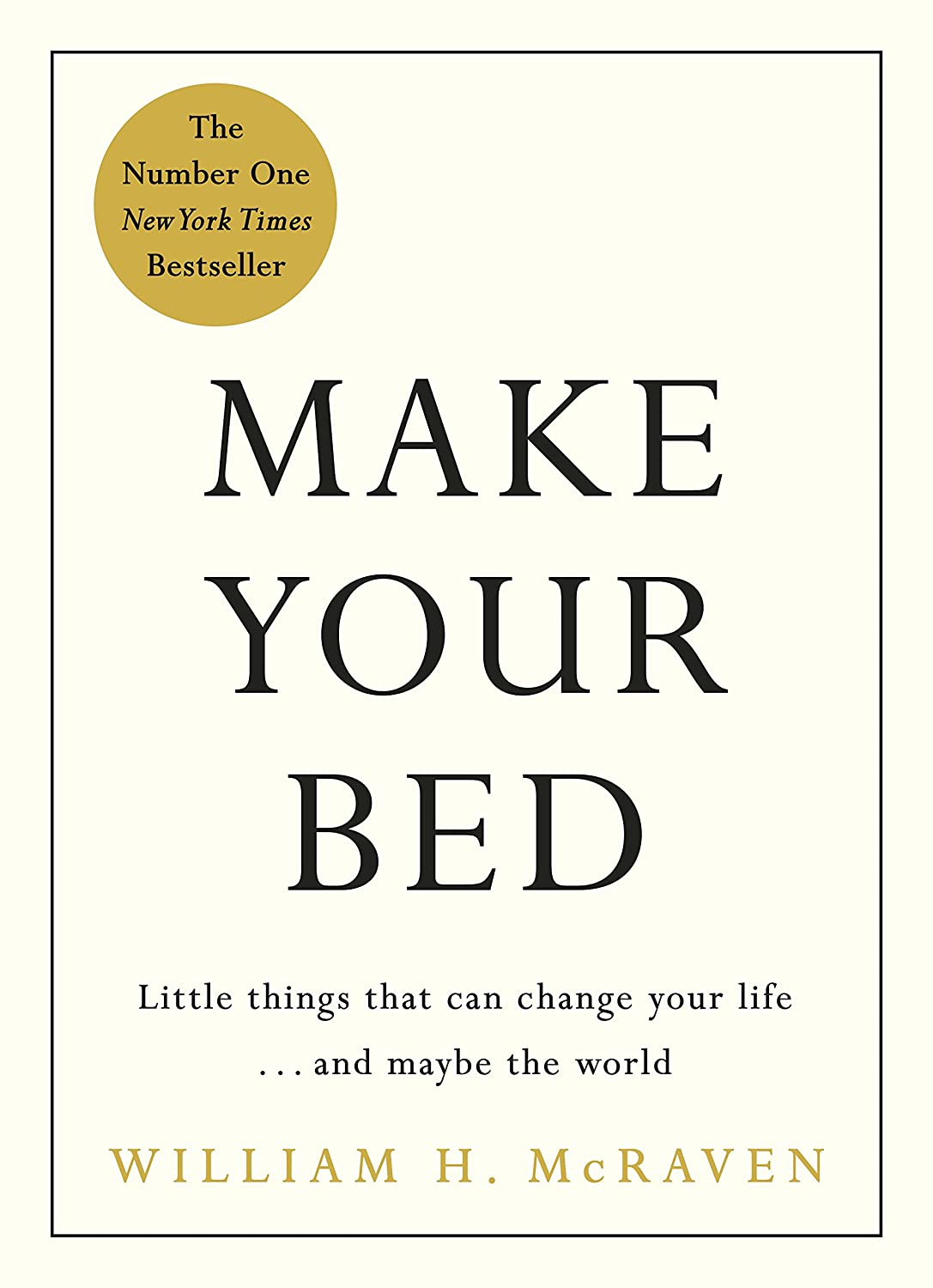small, seemingly insignificant steps completed consistently over time will create a radical difference.
Print | eBook(Kindle) | Audiobook
As someone that has participated in 10+ Marathons, I know first-hand the value of commitment and consistency in achieving any worthwhile goal like running a marathon; it requires having a daily routine of running with the end in mind. Darren Hardy, former publisher of Success Magazine, In this book, shares insights gleaned from interviewing and interacting with highly successful people. The Compound Effect is the principle of reaping huge rewards from a series of small, smart choices.
The premise of the book is that Success is the progressive realization of a worthwhile goal. Succeeding in any field requires putting in the work, and seeing the compounding results over time. Success requires putting in the work daily and consistently over a long time, small, seemingly insignificant steps completed consistently over time will create a radical difference.
Small, Smart Choices + Consistency + Time = RADICAL DIFFERENCE
Here are my Favourite Take Aways from reading, the compound effect by Darren Hardy:
- The most challenging aspect of the Compound Effect is that we have to keep working away for a while, consistently and efficiently, before we can begin to see the payoff.
Having experienced extended periods of prosperity, health, and wealth, we become complacent. We stop doing what we did to get us there. We become like the frog in the boiling water that doesn’t jump to his freedom because the warming is so incremental and insidious that he doesn’t notice he’s getting cooked!
Microwave Mentality
- Understanding the Compound Effect will rid you of “insta-results” expectation—the belief success should be as fast as your fast food, your one-hour glasses, your thirty-minute photo processing, your overnight mail, your microwave eggs, your instant hot water and text messaging.
- When you understand how the Compound Effect works, you won’t pine for quick fixes or silver bullets. Don’t try to fool yourself into believing that a mega-successful athlete didn’t live through regular bone-crushing drills and thousands of hours of practice. He got up early to practice—and kept practicing long after all others had stopped. He faced the sheer agony and frustration of the failure, loneliness, hard work, and disappointment it took to become No. 1.
Sleepwalking Through Life
- Your biggest challenge isn’t that you’ve intentionally been making bad choices. Heck, that would be easy to fix. Your biggest challenge is that you’ve been sleepwalking through your choices. Half the time, you’re not even aware you’re making them! Our choices are often shaped by our culture and upbringing. They can be so entwined in our routine behaviors and habits that they seem beyond our control.
Nobody intends to become obese, go through bankruptcy, or get a divorce, but often (if not always) those consequences are the result of a series of small, poor choices.
Getting Lucky
- The difference between becoming fabulously rich, happy, and healthy, or broke, depressed, and unhealthy, is the choices you make throughout life. Nothing else will make the difference.
- Luck is an equal-opportunity distributor. Lady luck shines on all, but rather than having your umbrella overhead, you’ve got to have your face to the sky. When it comes down to it, it’s all you, baby. There’s no other way around it.
Everyone has the opportunity to be “lucky,” because beyond having the basics of health and sustenance, luck simply comes down to a series of choices.
The (Complete) Formula for Getting Lucky:
Preparation (personal growth) + Attitude (belief/mindset) + Opportunity (a good thing coming your way) + Action (doing something about it) = Luck
Tracking your Life
I found this activity to be one of the most profound lessons learnt from reading the book as I am experimenting tracking various parts of my daily activity such as money spent.
- Right this moment: Pick an area of your life where you most want to be successful. Do you want more money in the bank? A trimmer waistline? The strength to compete in an Iron Man event? A better relationship with your spouse or kids? Picture where you are in that area, right now.
- Now picture where you want to be: richer, thinner, happier, you name it.
- The first step toward change is awareness. If you want to get from where you are to where you want to be, you have to start by becoming aware of the choices that lead you away from your desired destination. Become very conscious of every choice you make today so you can begin to make smarter choices moving forward.
Track every action that relates to the area of your life you want to improve.
- Simply carry around a small notebook, something you’ll keep in your pocket or purse at all times, and a writing instrument. You’re going to write it all down. Every day. Without fail. No excuses, no exceptions. As if Big Brother’s watching you. As if my dad and I will come and make you do a hundred pushups every time you miss.
The real cost of a four-dollar-a-day coffee habit over 20 years is $51,833.79. That’s the power of the Compound Effect
The Power of Compound Effect
- After hundreds of tournaments played and thousands of strokes tallied, the difference between the No. 1 ranked golfer and the No. 10 golfer is an average of only 1.9 strokes, but the difference in prize money is five times (over $10 million versus $2 million)! The No. 1 golfer isn’t five times better, not even 50 percent or even 10 percent better. In fact, the difference between his average score is only 2.7 percent better. Yet, the results are five times greater!
The difference between the No. 1 ranked golfer and the No. 10 golfer is an average of only 1.9 strokes, but the difference in prize money is five times. That’s the power of the Compound Effect.
Choices
- Since your outcomes are all a result of your moment-to-moment choices, you have incredible power to change your life by changing those choices. Step by step, day by day, your choices will shape your actions until they become habits, where practice makes them permanent.
Losing is a habit. So is winning.
The Power of Habits
There’s a story about a man riding a horse, galloping quickly. It appears that he’s going somewhere very important. A man standing along the roadside shouts, “Where are you going?” The rider replies, “I don’t know. Ask the horse!” This is the story of most people’s lives; they’re riding the horse of their habits, with no idea where they’re headed. It’s time to take control of the reins, and move your life in the direction of where you really want to go.
We’re born with instincts, of course, but no habits at all. We develop them over time. Beginning in childhood, we learned a series of conditioned responses that led us to react automatically (as in, without thinking) to most situations.
- With enough practice and repetition, any behavior, good or bad, becomes automatic over time. That means that even though we developed most of our habits unconsciously (by modeling our parents, responding to environmental or cultural associations, or creating coping mechanisms), we can consciously decide to change them. It stands to reason that since you learned every habit you have, you can also unlearn the ones that aren’t serving you well.
Psychological studies reveal that 95 percent of everything we feel, think, do, and achieve is a result of a learned habit!
Why-Power
- Your choices are only meaningful when you connect them to your desires and dreams. The wisest and most motivating choices are the ones aligned with that which you identify as your purpose, your core self, and your highest values. You’ve got to want something, and know why you want it, or you’ll end up giving up too easily.
- Until you’ve set your desire and motivation in place, you’ll abandon any new path you seek to better your life. If your why-power—your desire—isn’t great enough, if the fortitude of your commitment isn’t powerful enough, you’ll end up like every other person who makes a New Year’s resolution and gives up too quickly and reverts to sleepwalking through poor choices.
All of the hows will be meaningless until your whys are powerful enough.
Goal Setting
- The person who has a clear, compelling, and white-hot burning why will always defeat even the best of the best at doing the how.
- When you define your goals, you give your brain something new to look for and focus on. It’s as if you’re giving your mind a new set of eyes from which to see all the people, circumstances, conversations, resources, ideas, and creativity surrounding you.
Life is simply a collection of experiences; our goal should be to increase the frequency and the intensity of the good experiences. – Jim Rohn
Influences
For you to sustain your positive trajectory toward your goals, you’ll need to understand and govern these influences so they will support rather than derail your journey toward success. Everyone is affected by three kinds of influences:
- Input (what you feed your mind),
- Associations (the people with whom you spend time), and
- Environment (your surroundings).
Your brain is not designed to make you happy. Your brain has only one agenda in mind: survival. It is always watching for signs of “lack and attack.
- Left to its own devices, your mind will traffic in the negative, worrisome, and fearful all day and night. We can’t change our DNA, but we can change our behavior. We can teach our minds to look beyond “lack and attack.”
We can protect and feed our mind. We can be disciplined and proactive about what we allow in.
Association
- Birds of a feather flock together. The people with whom you habitually associate are called your “reference group.
- According to research by social psychologist Dr. David McClelland of Harvard, your “reference group” determines as much as 95 percent of your success or failure in life.
- The influence your friends have over you is subtle and can be positive or negative; either way, the impact is incredibly powerful. Watch out! You cannot hang out with negative people and expect to live a positive life.
- According to Jim Rohn, it’s powerful to evaluate and shift your associations into three categories:
1. Dissociation
2. Limited Associations
3. Expanded Associations - The dream in your heart may be bigger than the environment in which you find yourself. Sometimes you have to get out of that environment to see that dream fulfilled. It’s like planting an oak sapling in a pot. Once it becomes rootbound, its growth is limited. It needs a great space to become a mighty oak. So do you.
All the best in your quest to get better. Don’t Settle: Liw with Passion.



3 Comments
Pingback: The Power of Micro-Habits. – Lanre Dahunsi
Pingback: The Top 12 Books on Productivity. – Lanre Dahunsi
Pingback: The Power of Small Wins. | Lanre Dahunsi